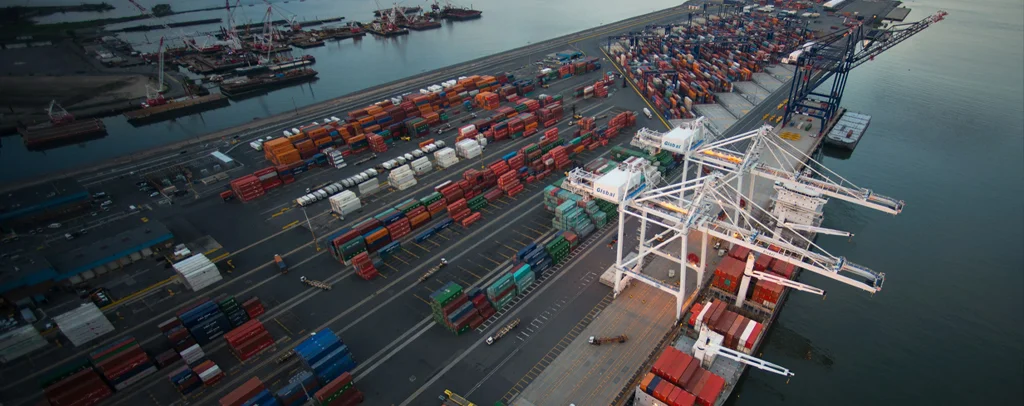
President Donald Trump has made a bold promise to increase tariffs, or taxes on imported goods, from Mexico, Canada, and China. He says this move is necessary to protect American businesses and workers from unfair trade practices. According to Trump, these countries are benefiting at the expense of the U.S. economy, and the new tariffs will push them to renegotiate trade deals that he claims hurt the U.S.
Trump’s statement comes as part of his ongoing effort to “America First” trade policies. During his presidency, Trump used tariffs as a way to pressure other nations, especially China, into more favorable deals for the U.S. While he was in office, he imposed billions of dollars in tariffs on goods coming from China, and he has promised to continue this approach if he is re-elected.
What Are Tariffs?
A tariff is a tax that governments place on imported goods. These taxes increase the price of foreign-made products, making them more expensive for consumers.
Trump’s Plan to Raise Tariffs
Trump has said that if he returns to the White House, he will implement even higher tariffs on imports from China, Mexico, and Canada. He believes this is necessary because these countries are, in his view, engaging in unfair trade practices that put American companies at a disadvantage.
For example, Trump has accused China of dumping cheap goods into the U.S. market, which he claims harms American manufacturers. Similarly, he has argued that trade deals with Mexico and Canada are not in the U.S.’s best interest and need to be reworked to give American businesses a better deal.
Trump has not provided detailed information on how much the new tariffs would be, but his previous tariffs on China ranged from 10% to 25% on a wide range of goods. If he raises tariffs again, it could mean higher prices for products such as electronics, clothing, and even cars.
Potential Impact on Consumers

One of the biggest concerns about increasing tariffs is that they could lead to higher prices for consumers. Products made in China, Mexico, and Canada make up a significant portion of what Americans buy. For example, many electronics, like smartphones and laptops, are made in China. Cars, agricultural products, and other items come from both Mexico and Canada. If tariffs go up, the prices of these products could increase, which could hurt consumers, especially those on fixed incomes.
Economists warn that these kinds of price hikes could lead to inflation, which means the cost of living would rise for everyone. Higher tariffs could also disrupt supply chains, making it harder for businesses to get the materials they need to produce goods. This could lead to shortages and even job losses in industries that rely on foreign goods.
Related Post-
Biden Authorizes Ukraine to Use US-Supplied Longer-Range Missiles for Deeper Strikes Inside Russia
Trump Will Use National Emergency For His Deportation Strategy
Trade Wars and Retaliation

Another concern is the possibility of a trade war. A trade war happens when countries impose tariffs on each other in response to each other’s actions. If Trump raises tariffs on Mexico, Canada, and China, these countries could retaliate by imposing their own tariffs on American products. This could hurt U.S. exporters, especially farmers and manufacturers, who sell goods to these countries.
For example, China could impose tariffs on American-made cars, agricultural products like soybeans, or other goods. Mexico and Canada could do the same. This could reduce the sales of American products overseas and damage relationships with these important trading partners.
